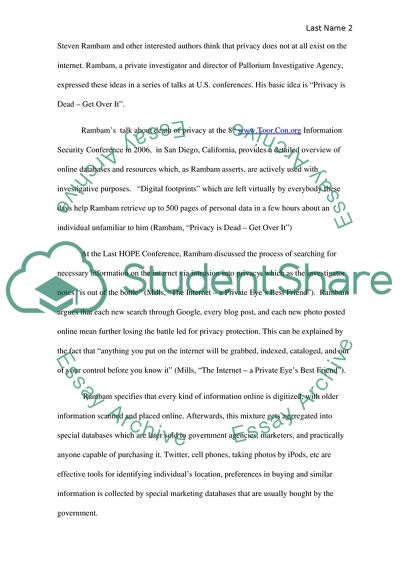Cite this document
(Role of the State in Internet Privacy Protection Case Study, n.d.)
Role of the State in Internet Privacy Protection Case Study. https://studentshare.org/law/1778670-internet-and-social-networking-privacy
Role of the State in Internet Privacy Protection Case Study. https://studentshare.org/law/1778670-internet-and-social-networking-privacy
(Role of the State in Internet Privacy Protection Case Study)
Role of the State in Internet Privacy Protection Case Study. https://studentshare.org/law/1778670-internet-and-social-networking-privacy.
Role of the State in Internet Privacy Protection Case Study. https://studentshare.org/law/1778670-internet-and-social-networking-privacy.
“Role of the State in Internet Privacy Protection Case Study”. https://studentshare.org/law/1778670-internet-and-social-networking-privacy.


